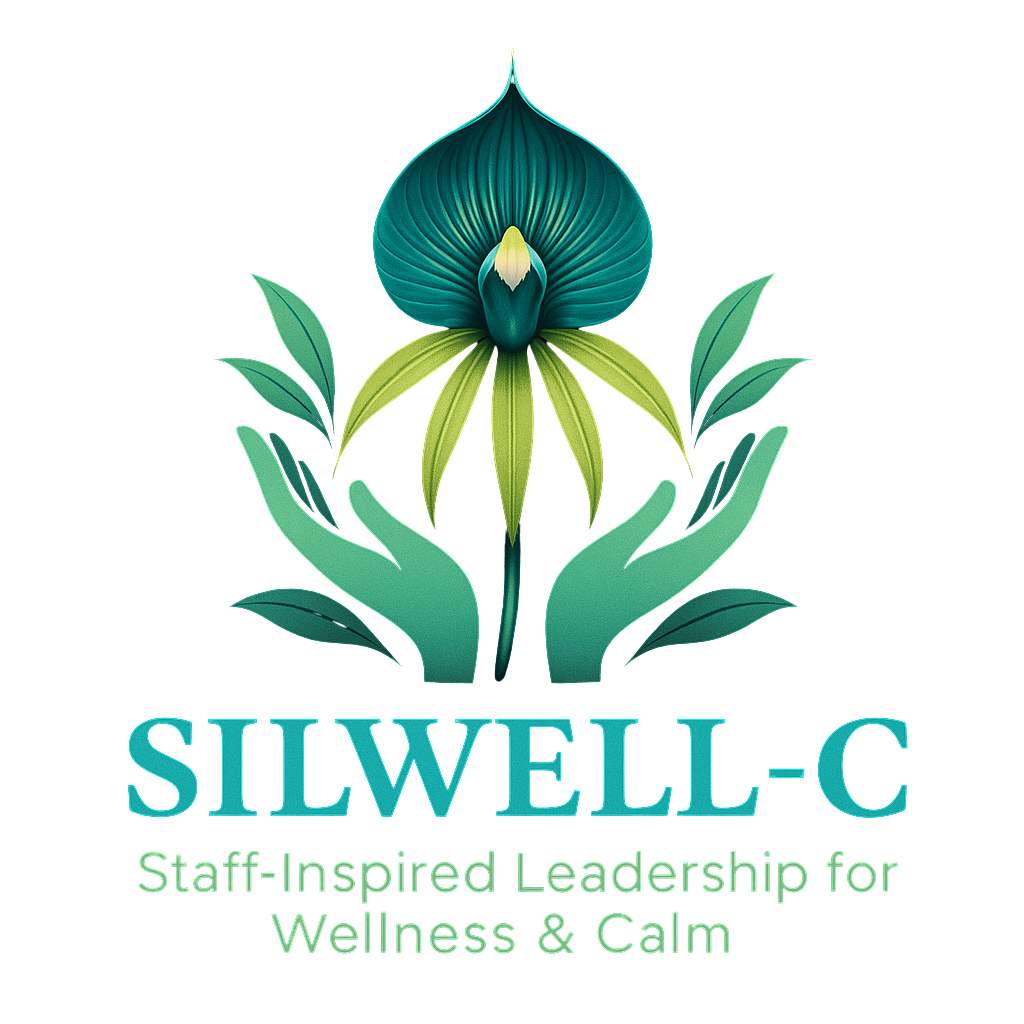The Mirror That Didn’t See Me
Clarity begins when we pause long enough to see ourselves clearly. In this space, we turn inward, not for judgment, but for grace. Reflection brings alignment, and purity of thought brings peace. These moments guide you toward lightness and quiet understanding.
When love is given by shade, it teaches you to doubt your own light.
Content Note
This story explores early family experiences of favoritism, colorism, and emotional neglect.
It may resonate deeply with those who’ve struggled to feel seen or valued in their own families.
When I first came from Belize, I entered a home where love was handed out by shade and shaped by what she admired, not by who we were. My aunt, a proud and strict Jamaican woman, carried her own pain from being called ugly for her dark skin. I didn’t realize it then, but she passed that pain on.
Her great-grandchildren were fair-skinned, with loose curls, and she cherished them like treasure. One great-grandchild lived with us, and she seemed to live a life I could only watch from the sidelines. She went to acting school, shopped in Beverly Hills, and carried lunch money I could only dream of. I, on the other hand, was told I’d be fine because I knew how to cook and clean and that I could always be someone’s maid.
By six, I was cooking meals, washing dishes, watering dozens of plants, and keeping the house spotless. If I forgot a task, I was disciplined. My sister and cousin were spared those duties; they were the “smart” and “pretty” ones. My cousin had children while living with us, yet I was the one threatened with being sent back to Belize if I ever even had a boyfriend.
The rules were not about behavior; they were about who mattered, and in that home, I did not matter. My hair was too tight, and my voice too small. I grew up questioning my beauty, my worth, and even my right to be loved. I learned to earn affection through service, cooking, helping, and fixing, believing I had to work for belonging.
It wasn’t until my fifties that I began to unlearn that lie. Through reflection and healing, I’ve realized that no one gets to define my beauty or worth. The mirror that didn’t see me no longer holds power. I see myself now clear, whole, and deserving.
“The mirror didn’t see me, but I learned to see myself.”
When we grow up unseen, we spend years performing for validation. True reflection invites us to stop performing and be, to look inward with compassion rather than judgment. Every time I choose to see my own light, I restore a part of the little girl who thought she wasn’t enough.
Where story meets science, strength grows through understanding.
Experiences of favoritism and color bias are not just personal; they are backed by social science. In U.S. and U.S.-linked research, darker-skinned individuals report higher stress and psychological distress under discrimination, and adult children who perceive favoritism report lower well-being.
How Skin Tone Influences Psychological Distress (PMC)
Adult Children, Favoritism & Well-Being (Pillemer et al.)
The Persistent Problem of Colorism (Harvard DEIB)

